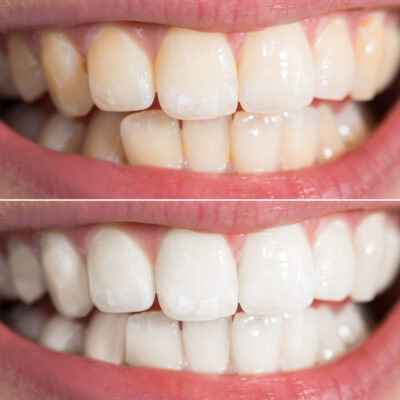
Symptoms and Treatment for Multiple Sclerosis
Multiple sclerosis (or MS) is a progressive condition wherein the myelin sheath and nerve fibers surrounding the brain, optic nerves, and spinal cord are attacked by the immune system. This leads to messages within the central nervous system to stop completely, resulting in various symptoms that make leading a normal life difficult to impossible. MS is typically treated with medications like ocrevus, vumerity, kesimpta, aubagio, mayzent, zeposia.
1. Symptoms of multiple sclerosis
Common symptoms for MS often include the following:
- Fatigue: With a lot of muscle spasms and pain, the patient tends to get fatigued. To treat fatigue, medication like amantadine and modafinil are used.
- Depression: Steroids and interferons administered have many side effects and depression is one of them. This is treated with antidepressants like clomipramine.
- Tremors: These are another symptom of multiple sclerosis and are treated with propranolol.
- Spasticity: To calm down the spastic muscles, drugs like baclofen, tizanidine, and diazepam are used.
- Pain: The most common and severe symptom of multiple sclerosis is treated with medication like gabapentin, lamotrigine, and pregabalin.
- Bladder instability: Bladder dysfunction can hamper day-to-day normal activities. This happens due to the involuntary contraction of the detrusor muscle in the bladder even when the organ is not full due to its capacity being significantly reduced caused by multiple sclerosis. This condition is treated with antimuscarinics like oxybutynin, tolterodine, solifenacin, or fesoterodine.
2. Basic diet for multiple sclerosis
Diet plays a vital role in treatments for multiple sclerosis and the key factors to be taken care of concerning diet are:
- One must take care to have a vitamin D-rich diet.
- Avoid canned or processed foods or highly sweetened drinks and caffeine as these may eventually lead to weight gain and can exacerbate symptoms.
- One should choose foods rich in both vitamins and minerals.
- It is essential to avoid alcohol and smoking as this can disrupt the nervous system and can cause imbalance and coordination.
- Meals are to be taken at regular levels to prevent weakness and fatigue.
- One should drink a lot of water to keep themselves completely hydrated, which greatly helps in multiple sclerosis.
3. Lifestyle modifications for treatments for multiple sclerosis
Since multiple sclerosis is a disease that involves the nervous system and muscles, it is necessary to take steps for a healthy mind and flexible body to combat the stiffness and spasticity of the condition. Some of the lifestyle changes to be incorporated are:
- Physical therapy in the form of stretching exercises to stretch the muscles that would aid in flexibility. Exercises are strongly advised to strengthen the muscles and gain stamina and improve balance and coordination. Regular appointments with the physical therapist are highly recommended.
- Stress should be avoided to ease out symptoms of multiple sclerosis. Yoga, meditation, and keeping calm is greatly emphasized to prevent depression, fatigue, and low energy levels.
- A good night’s sleep is always helpful in a condition with multiple sclerosis. It helps a long way in keeping the muscle spasms, mental fatigue, and poor body stamina under control.
- Gaining weight rapidly due to poor eating habits like drinking sweetened beverages, increased carbohydrate intake, and excess consumption of junk food can worsen multiple sclerosis. A healthy body weight helps greatly in balance and coordination.
- Excessive heat is found to exacerbate conditions of multiple sclerosis. It is believed that the already destroyed nerves and nerve sheaths tend to function less effectively in a hot environment, which leads to the patient becoming more symptomatic, so it is often advised that the person is in an air-conditioned room as a treatment for multiple sclerosis.


